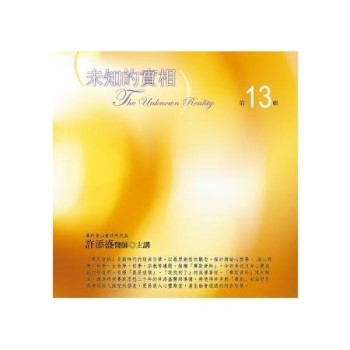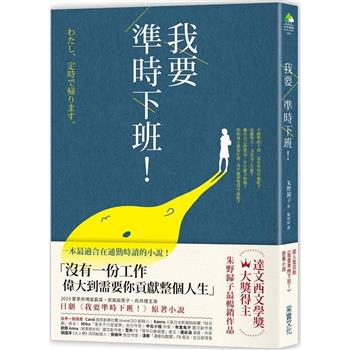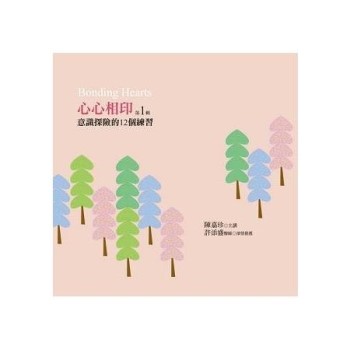About the Book
THE SECOND PART TO THE RUNAWAY BOY, WINNER OF THE KALINGA LITERATURE
The second part of this extraordinary trilogy takes us into the late 1960s and early 1970s when the rumblings of liberation grew louder in East Pakistan and refugees came pouring into India, seeking asylum in the camps of West Bengal. The Naxalite movement too was gathering momentum; the Communist Party split into CPI (M) and CPI (ML), and a bitter power tussle ensued between them and the ruling Congress Party led by Indira Gandhi. Amidst this bloody battle, we find a twenty-something Jibon in Calcutta, driven to rage by hunger, inequity and a naïve, contagious nationalistic fervour. This burning torch of a novel is a compelling portrait of a youth negotiating the streets of Calcutta, looking to seize a life that is constantly denied to him.
About the Author
Manoranjan Byapari writes in Bengali. Some of his important works include Chhera Chhera Jibon, Ittibrite Chandal Jibon and the Chandal Jibon trilogy. He taught himself to read and write at the age of twenty-four when he was in prison. He has worked as a rickshaw-puller, a sweeper and a porter. Until 2018, he was working as a cook at the Hellen Keller Institute for the Deaf and Blind in West Bengal.
He also received the Shakti Bhatt Prize this year for his body of work. In 2021, Byapari became a member of the Bengal Legislative Assembly.
About the Translator
V. Ramaswamy is a literary translator of voices from the margins. His previous translations include The Golden Gandhi Statue from America: Early Stories, Wild Animals Prohibited: Stories, Anti-stories and This Could Have Become Ramayan Chamar’s Tale: Two Anti-Novels (shortlisted for the Crossword Book Award, 2019), all by the anti-establishment Bengali writer, Subimal Misra. He was awarded the inaugural Literature Across Frontiers-Charles Wallace India Trust Fellowship at Aberystwyth University to translate the Chandal Jibon novels.











